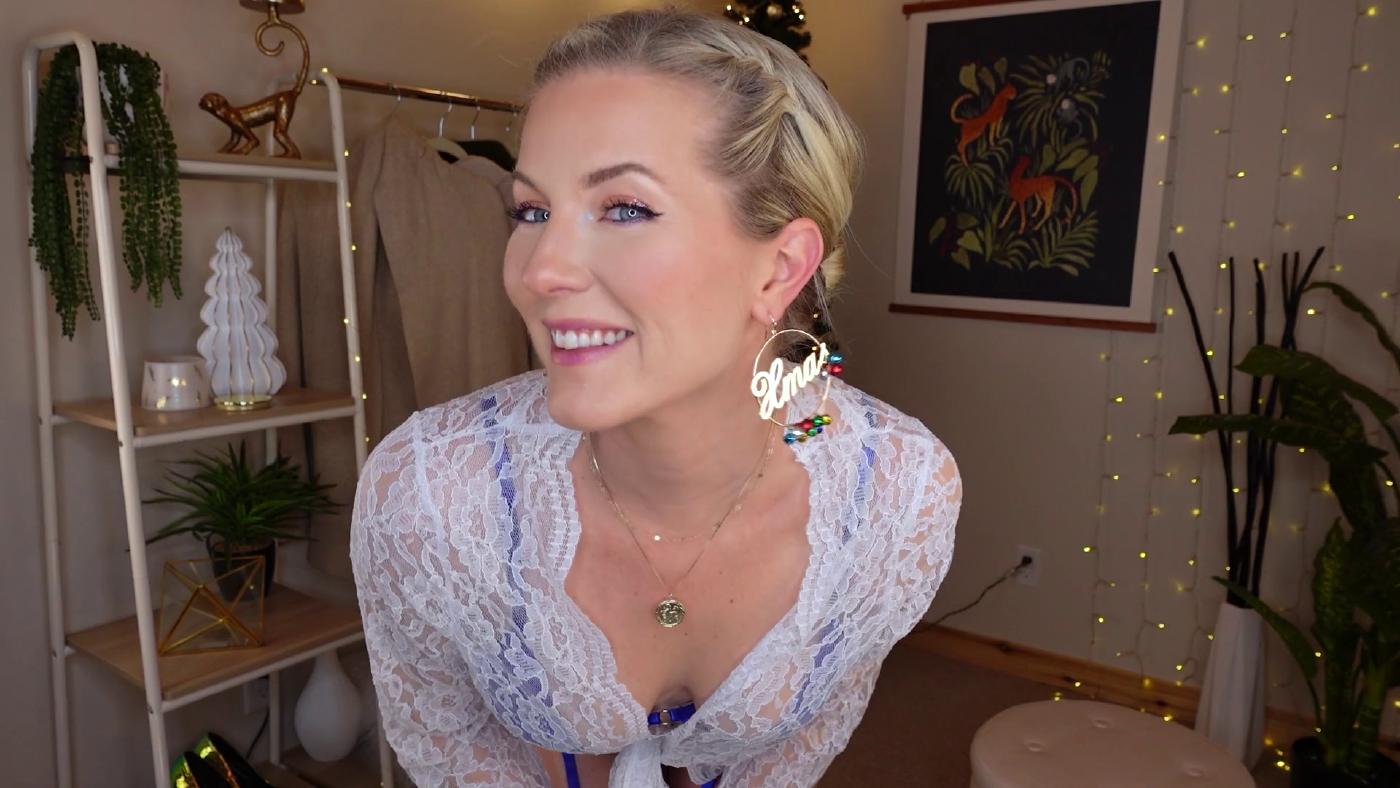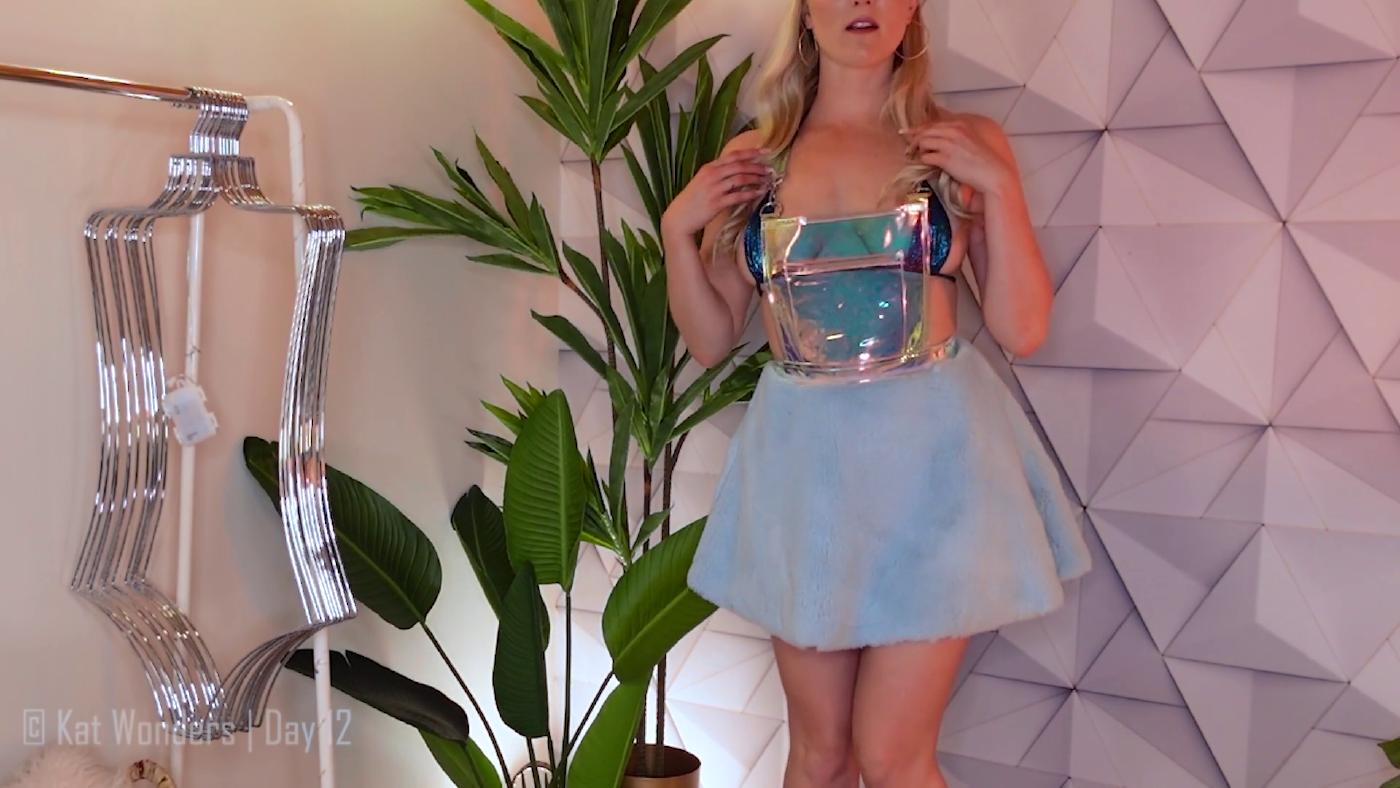Influencers Gone Wild: Scandals, Controversies, & Viral Fame
Is the pursuit of online fame truly worth the potential cost of reputation, ethics, and even safety? The rise of the "influencer gone wild" phenomenon suggests a resounding, and often tragic, 'yes.' In an era dominated by social media, where influencers hold sway over trends, opinions, and consumer behavior, a darker undercurrent has emerged: the willingness of some to cross boundaries in the relentless chase for engagement.
The very nature of the digital landscape, with its algorithms prioritizing virality, has fostered an environment where outrageous behavior is not only tolerated but often rewarded. The pressure to stand out in a crowded field of content creators can lead to a desperate scramble for attention, pushing individuals to engage in acts that were once unthinkable. This piece delves into the murky waters of this trend, examining the impact on both the influencers themselves and the society they influence. It's a story of ambition, exploitation, and the ever-evolving definition of "fame" in the 21st century.
The evolution of social media influence has been nothing short of seismic. Once, the ideal influencer presented a carefully curated image of perfection: flawless selfies, meticulously planned routines, and aspirational lifestyles. This era has given way to a new, and often unsettling, reality. Now we see a movement of bold new wave emergence, and this movement is called "influencers gone wild", and this trend upends everything we thought we knew about the culture of social media. The digital space is now more open and more transparent than ever, a platform for the unfiltered and the unvarnished.
The term "influencers gone wild" broadly encompasses instances where these online personalities engage in reckless, unethical, or even illegal behaviors in their quest for attention. These actions can range from relatively minor transgressions, such as promoting misleading products, to more serious offenses, including instances of harassment, exploitation, and dangerous stunts. The motivations behind such actions are complex, often stemming from a combination of factors: the intense pressure to maintain a high level of engagement, the allure of financial gain, and a distorted perception of risk.
To better understand the phenomenon, let's consider a few examples of individuals whose actions have defined this movement. These are just a few examples of the "influencers gone wild" with all of the associated consequences.
| Category | Details | Impact |
|---|---|---|
| Gwengwiz | A YouTuber and OnlyFans creator known for explicit content. In July 2020, she started an OnlyFans account, sharing nude content, including videos of her body and explicit acts. | Controversial for the explicit nature of her content. Her actions have sparked discussions about the blurring lines between content creation and adult entertainment. |
| Amouranth | A streamer who, after building a following on YouTube and Twitch, moved to a lewd Patreon, and then to nude teasing on OnlyFans. | Controversial for the explicit nature of her content. Her actions have sparked discussions about the blurring lines between content creation and adult entertainment, and her actions have come with several brand fallout. |
| Kat Wonders | A YouTuber and Patreon creator known for making sexy try-on videos. | Controversial for the explicit nature of her content. Her actions have sparked discussions about the blurring lines between content creation and adult entertainment. |
The pursuit of online fame can be an isolating experience, with influencers facing immense pressure to create engaging content constantly. This pressure can lead to a relentless focus on metrics, such as likes, shares, and views, which can, in turn, incentivize risky behaviors. The fear of losing relevance in an oversaturated market is a powerful motivator, pushing individuals to push boundaries and take increasingly extreme measures to capture and retain their audience's attention.
Influencers gone wild is, in many ways, a symptom of a deeper problem: the lack of clear ethical guidelines and standards within the influencer industry. The absence of robust regulation, coupled with the often-anonymizing nature of the internet, allows many influencers to operate with a sense of impunity, believing they are immune to real-world consequences. This lack of accountability creates a climate where questionable behavior is normalized, and the lines between entertainment, exploitation, and outright harm are often blurred.
The impact of this phenomenon extends far beyond the individuals involved. "Influencers gone wild" content significantly influences what is deemed acceptable and normal in culture. This shift can lead to a erosion of societal norms and values, as what was once considered taboo or inappropriate becomes commonplace, for which there is a need to keep bringing stories and headlines that keep buzzing all over the internet.
One of the most concerning aspects of this trend is its potential impact on mental health. The relentless pursuit of online validation, combined with the constant scrutiny and potential for online harassment, can take a significant toll on an influencer's well-being. The pressure to maintain a perfect image can lead to anxiety, depression, and other mental health issues. Furthermore, the consequences of their actions, such as brand fallout and public shaming, can exacerbate these problems, creating a cycle of self-doubt and despair.
The phenomenon also highlights the dangers of online exploitation. The quest for attention can lead to the sharing of personal information, the creation of intimate content, and a willingness to engage in risky behaviors that can put individuals at risk of harm. In many cases, these influencers may not fully understand the potential consequences of their actions, which can include legal ramifications, damage to their reputations, and lasting psychological trauma. This is the cost of viral fame.
The trend is not just a collection of individual stories; it's a reflection of a broader shift in the way we understand and consume media. Traditional forms of content, such as fashion hauls, makeup tutorials, or fitness routines, can now feel mundane, which often leads influencers to go for bold, controversial, or risky behaviors to gain attention and increase their popularity. They also need to cater their content to their audience to get more views.
The path forward involves a multi-faceted approach. Increased transparency within the influencer industry, along with clear ethical guidelines, is essential. Influencers should be held accountable for their actions, and platforms should take greater responsibility for the content shared on their sites. Furthermore, there is a need for greater awareness of the potential risks associated with online fame. By fostering a culture of ethical practices, accountability, and critical thinking, the influencer industry can evolve into a more positive and sustainable space, where the pursuit of influence does not come at the cost of ethical standards, mental well-being, or the erosion of societal values.
The evolution of influencers gone wild has made everyone rethink what is the actual meaning behind being famous. By fostering transparency, ethical practices, and accountability, the influencer industry can evolve into a more positive and sustainable space.


